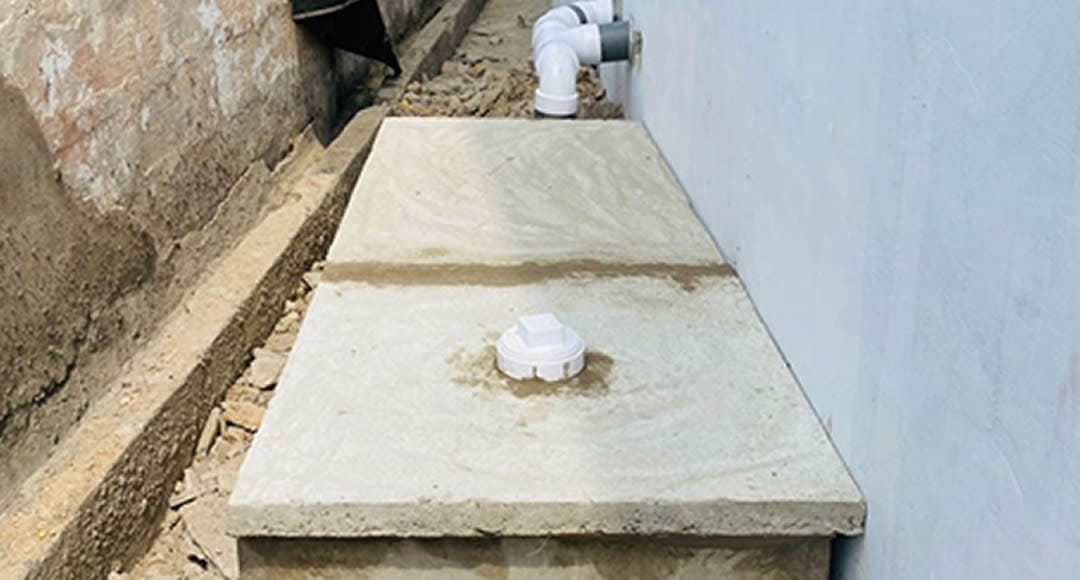Bio Digesters have emerged as a groundbreaking solution for efficient and sustainable waste management. Among the popular options is the Bio Digester Standard, renowned for its Final Settlement Chamber (FSC) featuring an automatic sludge return/recycle pump. Let’s delve into the topic of how frequently the Bio Digester Standard, or any Bio Digester with similar features, requires emptying. By understanding the various factors at play, we can optimize the system’s performance and ensure effective bio digester maintenance and waste management.
Understanding the Bio Digester Standard’s Final Settlement Chamber:
The Bio Digester Standard is designed to provide efficient wastewater treatment while minimizing the need for regular emptying. The Final Settlement Chamber, with its automatic sludge return/recycle pump, contributes to the system’s self-cleaning mechanism and reduces the frequency of required emptying. This chamber serves as a crucial component in the bio digester system, promoting the separation of solids from liquids and facilitating the breakdown of organic matter.
Factors Influencing Emptying Frequency:
While the Bio digester Standard’s Final Settlement Chamber eliminates the need for frequent emptying, it is essential to consider various factors that may influence its occasional emptying and cleaning. Here are the key determinants to keep in mind:
1. Bio Digester Size:
The size of the bio digester plays a significant role in determining the emptying frequency. Larger systems generally have a higher capacity to accommodate waste, resulting in longer intervals between emptying. Conversely, smaller bio digesters may require more frequent emptying due to their limited holding capacity.
2. Wastewater Volume and Composition:
The volume and composition of wastewater generated by households or businesses directly influence the emptying frequency. Larger families or businesses with substantial water consumption are likely to produce more waste, necessitating more frequent emptying. Additionally, the composition of waste, including solids, chemicals, and organic matter, impacts sludge buildup and system performance.
3. Maintenance Practices:
Regular maintenance practices are crucial for optimizing the performance of the bio digester system. Adhering to manufacturer guidelines regarding inspections, desludging, and cleaning is paramount. Neglecting maintenance can lead to decreased system efficiency and potentially increase the frequency of emptying requirements. It is advisable to schedule routine maintenance checks to ensure optimal functioning and identify any potential issues early on.
4. Environmental Factors:
Environmental conditions, such as temperature, microbial activity, and climate patterns, can affect the waste decomposition process within the bio digester system. Warmer climates and higher microbial activity may accelerate waste breakdown, potentially necessitating more frequent emptying. Understanding local environmental factors helps estimate emptying needs accurately. Additionally, extreme weather conditions or natural disasters may temporarily disrupt the system’s operation, requiring immediate attention and potentially more frequent emptying.
5. Manufacturer Recommendations:
Carefully following the manufacturer’s recommendations and guidelines is essential for maintaining the optimal functioning of the Bio digester Standard or any bio digester system. Manufacturers provide specific instructions pertaining to the system’s capacity, maintenance, and potential emptying requirements. These recommendations should guide users on when and how often to perform emptying and cleaning processes. It is also crucial to stay updated with any manufacturer notifications or product updates that may impact the emptying frequency.
Bio digesters, like the Bio digester Standard, offer an innovative and sustainable solution for efficient waste management. The Final Settlement Chamber, equipped with an automatic sludge return/recycle pump, significantly reduces the frequency of emptying. However, occasional emptying and cleaning may still be necessary, depending on factors such as the bio digester’s size, wastewater volume, waste composition, maintenance practices, environmental conditions, and manufacturer recommendations. By following manufacturer recommendations, performing routine maintenance, and considering individual circumstances, users can ensure optimal performance and effective waste management in their bio digester systems.

